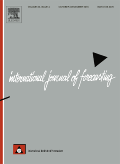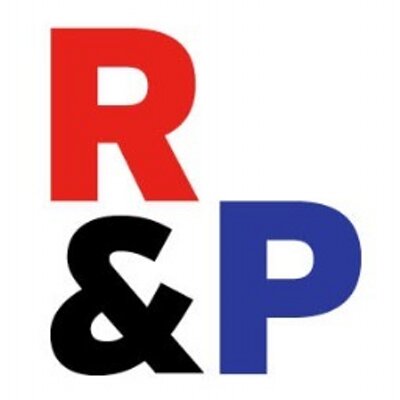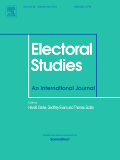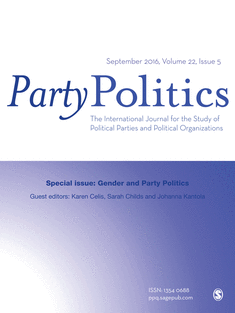Modèles prédictifs
Élection fédérale de 2019 - Prédictions pour le parti sortant
LE CANADA ELECTION NOWCASTER PRÉVISION FINALE POUR : OCTOBRE 2019 (41,23%) Mise à jour post-électorale : De toute évidence, l'élection de 2019 n'a pas donné raison au modèle. Celle-ci a produit la seconde plus importante erreur de prédiction pour le modèle sur la période 1953-2019. Bien que je compte réfléchir plus profondément aux raisons […] Lire la suite

Affect versus Cognition
Ce contenu n'est pas disponible dans la langue sélectionnée. Abstract Citizens tend to overestimate the electoral success of their preferred party. We investigate the extent to which Belgian voters overestimate the result of the party they vote for and what factors explain which voters do so more than others. Our focus is on the impact […] Lire la suite

Forecasting Dutch Elections
Ce contenu n'est pas disponible dans la langue sélectionnée. Abstract Serious election forecasting has become a routine activity in most Western democracies, with various methodologies employed, e.g., polls, models, prediction markets, citizen forecasting. In the Netherlands, however, election forecasting has limited itself to the use of polls, mainly because other approaches are viewed as too […] Lire la suite
Et si l’économie décidait de l’issue de l’élection néerlandaise?
Et si l’économie décidait de l’issue de l’élection néerlandaise? Philippe Mongrain (Université de Montréal), Ruth Dassonneville (Université de Montréal) et Michael S. Lewis-Beck (University of Iowa) Alors que la plupart des observateurs traitent l’élection néerlandaise comme une sorte de baromètre du populisme en Europe en se concentrant sur des enjeux comme l’Union européenne, l’immigration et […] Lire la suite

Comparative Election Forecasting
Ce contenu n'est pas disponible dans la langue sélectionnée. Abstract As an enterprise, election forecasting has spread and grown. Initial work began in the 1980s in the United States, eventually traveling to Western Europe, where it finds a current outlet in the most of the region’s democracies. However, that work has been confined to traditional […] Lire la suite

Forecasting Elections in Europe: Synthetic Models
Ce contenu n'est pas disponible dans la langue sélectionnée. Abstract Scientific work on national election forecasting has become most developed for the United States case, where three dominant approaches can be identified: Structuralists, Aggregators, and Synthesizers. For European cases, election forecasting models remain almost exclusively Structuralist. Here we join together structural modeling and aggregate polling […] Lire la suite

De ideologische afstand tussen partijen
Ce contenu n'est pas disponible dans la langue sélectionnée. Lire la suite

Party Members as an Electoral Linking Mechanism
Ce contenu n'est pas disponible dans la langue sélectionnée. Abstract While party membership figures are clearly in decline in several Western countries, different interpretations have been offered on the likely consequences of this trend. Some authors stress that members have lost most of their importance for political parties that increasingly rely on professionalized campaign techniques. […] Lire la suite

Election Forecasting under Opaque Conditions
Ce contenu n'est pas disponible dans la langue sélectionnée. Abstract Election forecasting models assume retrospective economic voting and clear mechanisms of accountability. Indeed, previous research indicates that incumbent political parties are held accountable for the state of the economy. In this article we investigate a ‘hard case’ for the assumptions of election forecasting models. Belgium […] Lire la suite